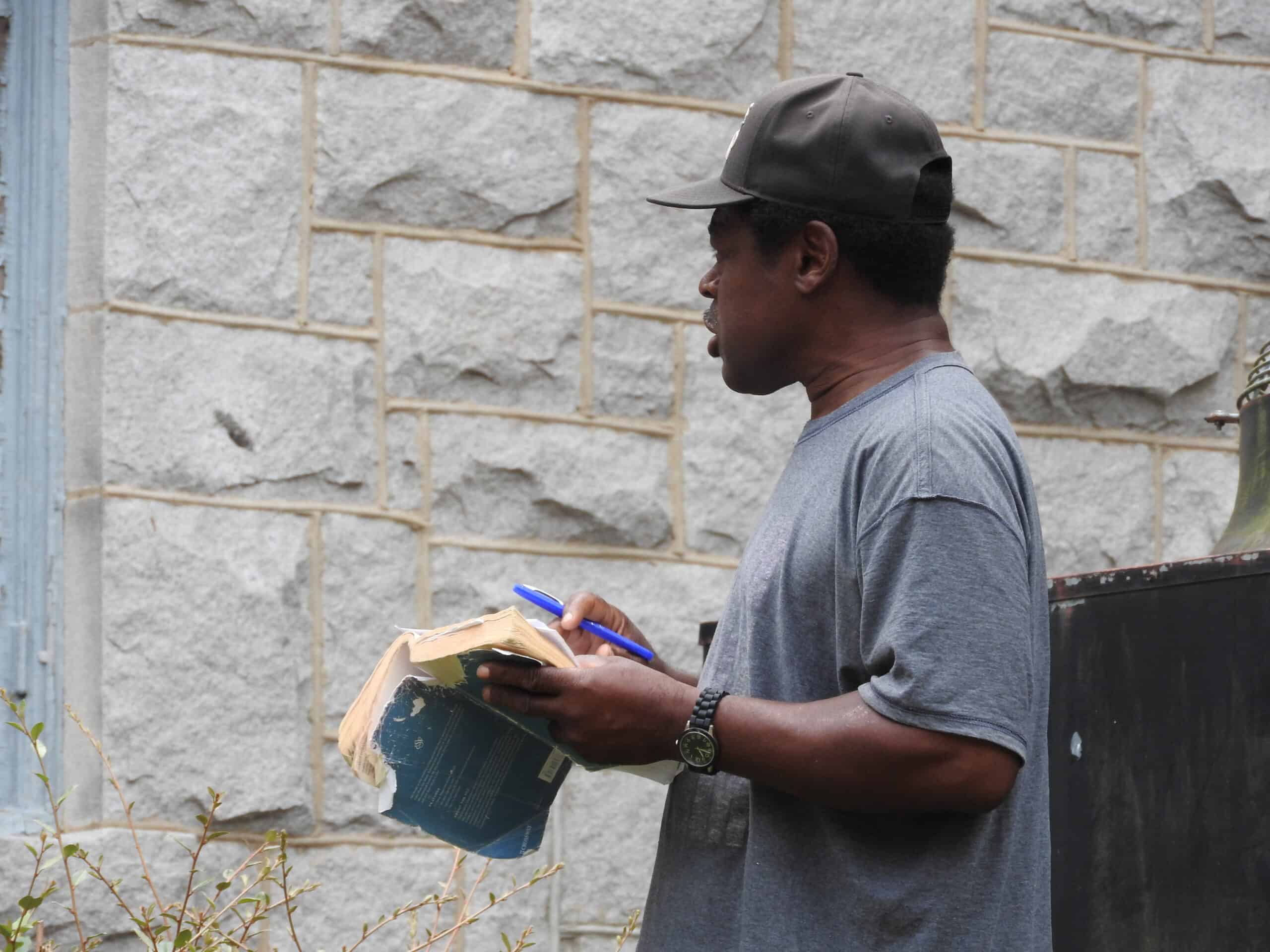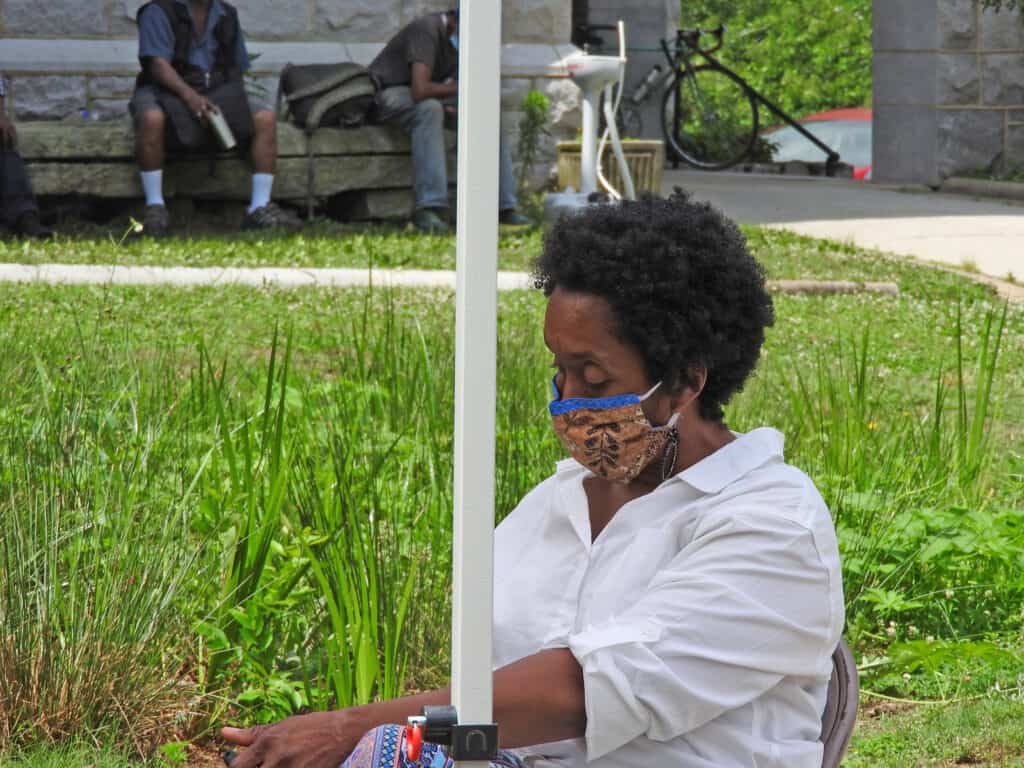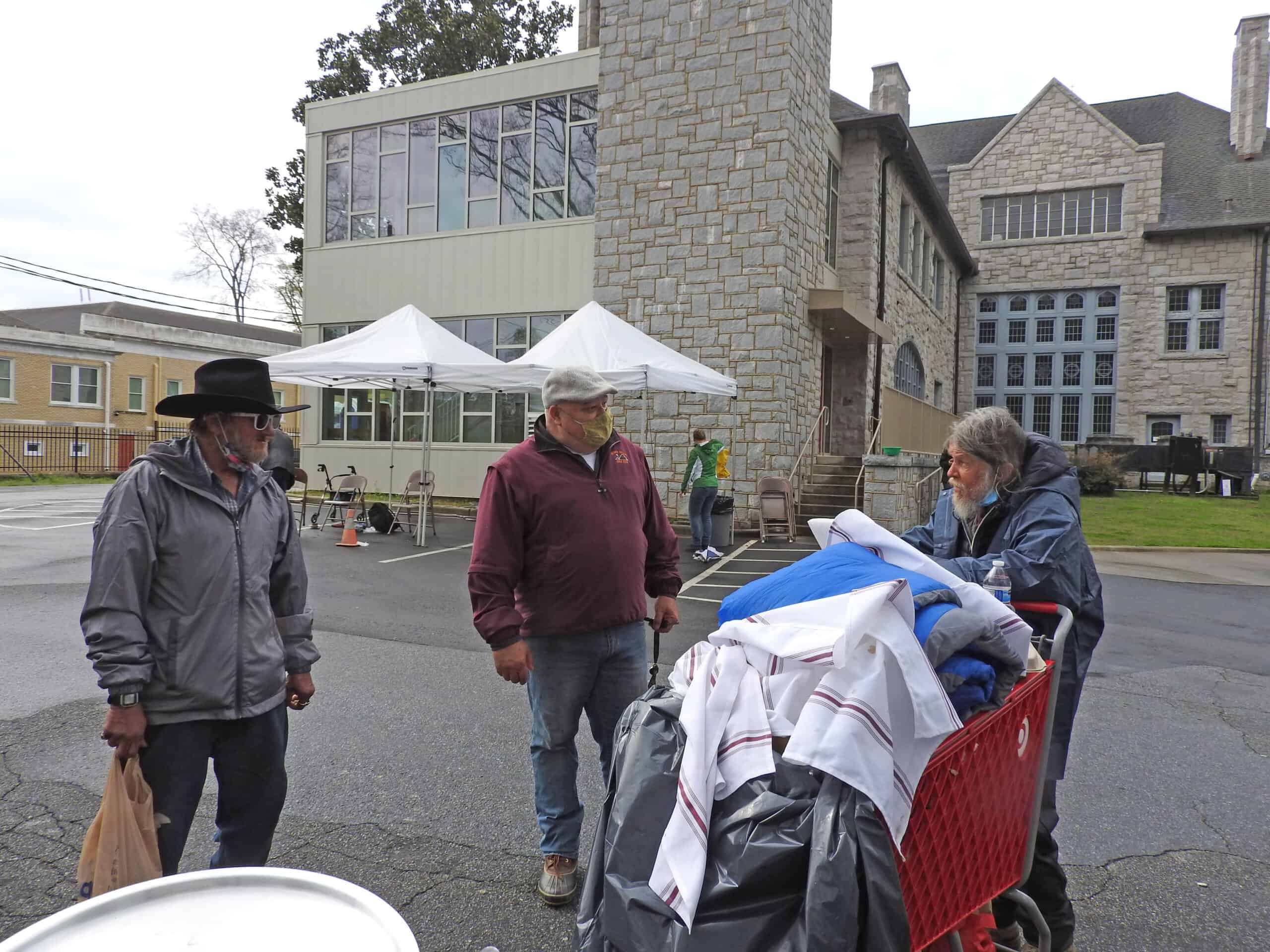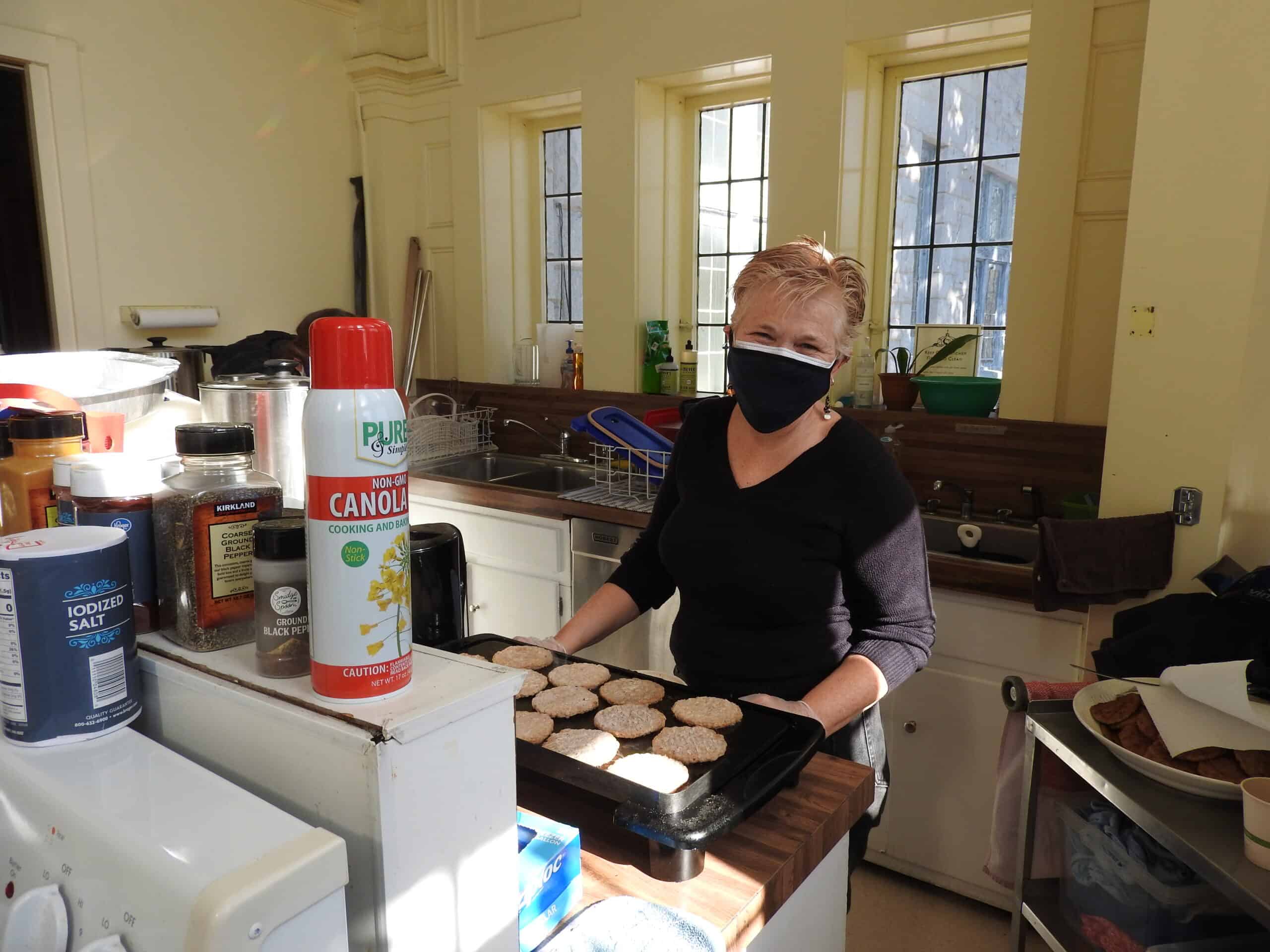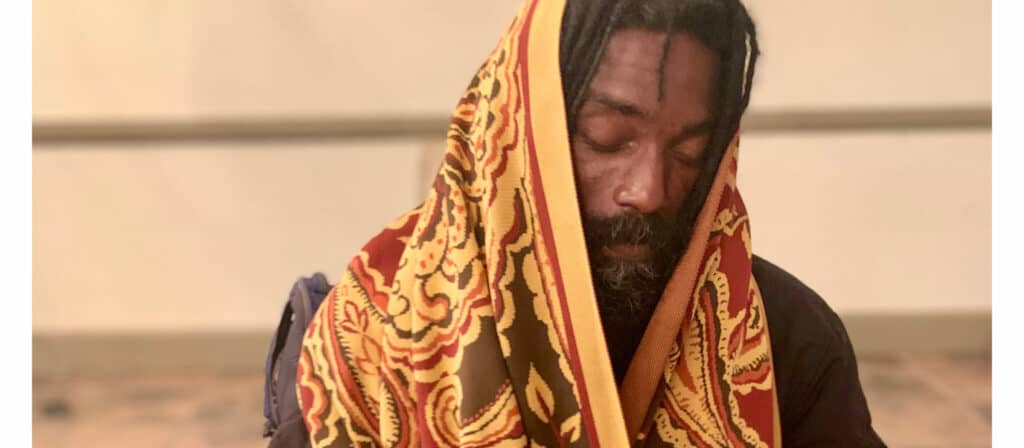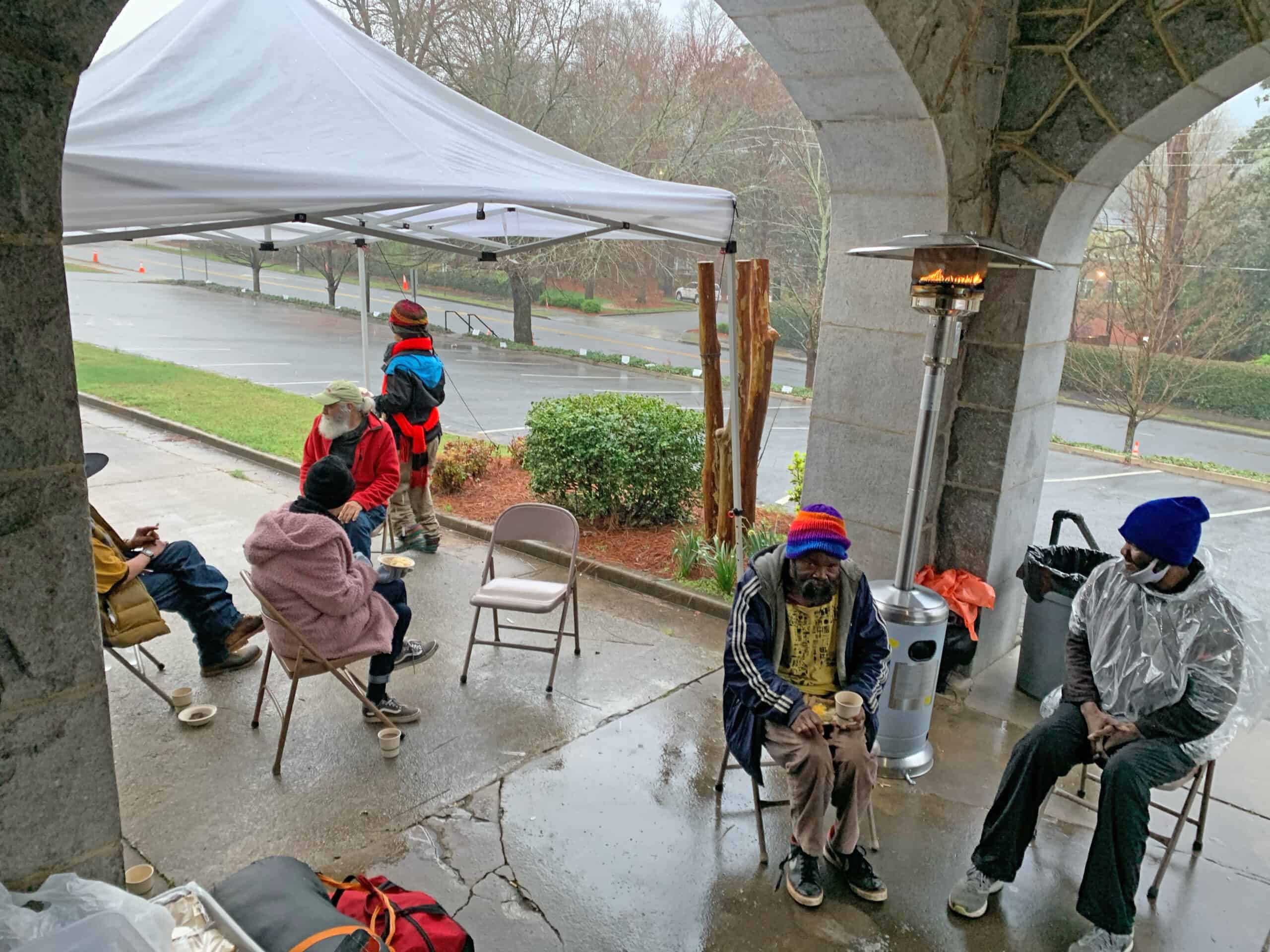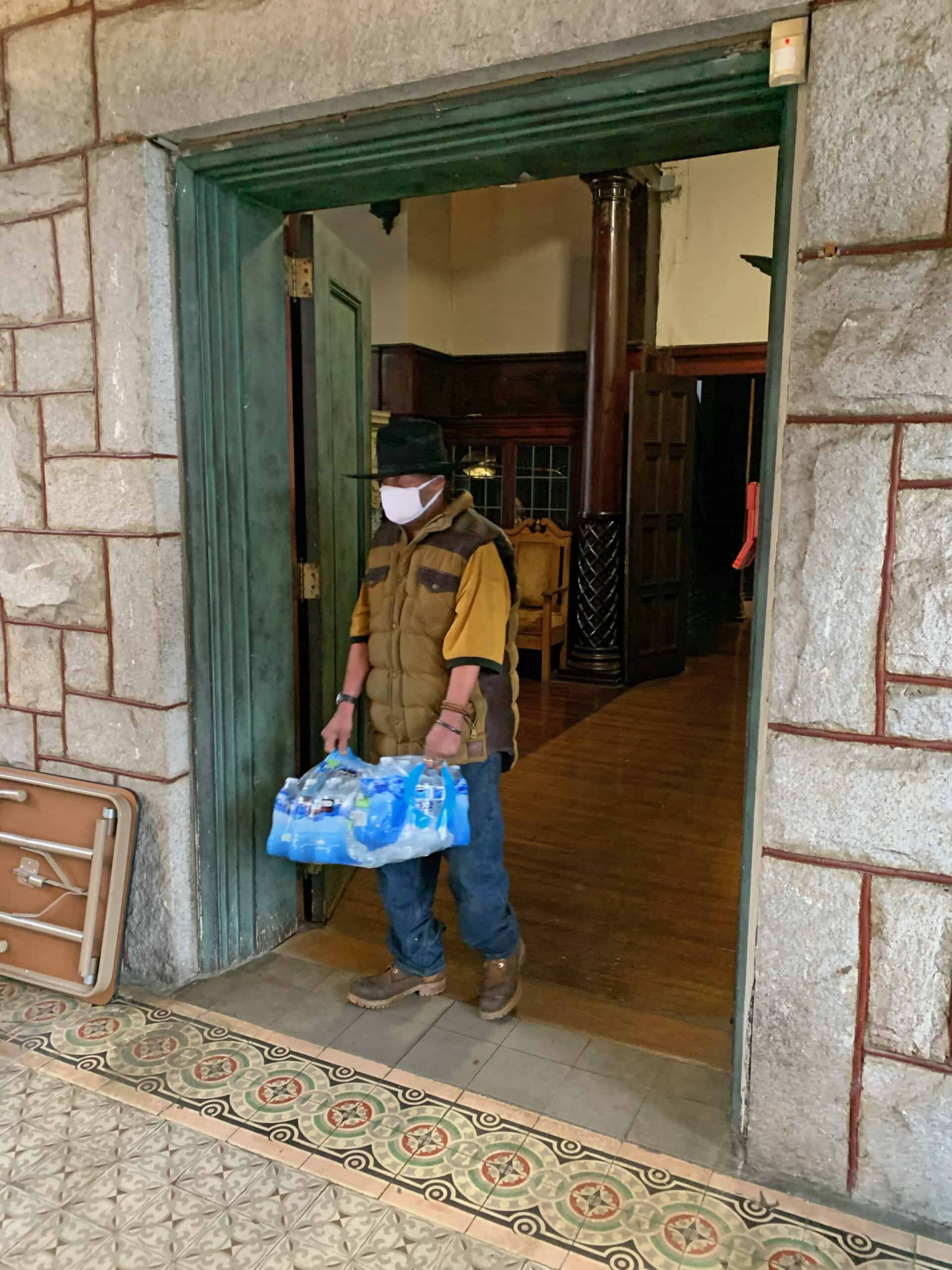Author Holly Reimer
John 13:1-17, 31b-35
Reflection: v. 14, ‘If I, your LORD and teacher, have washed your feet, you too must wash each other’s feet’
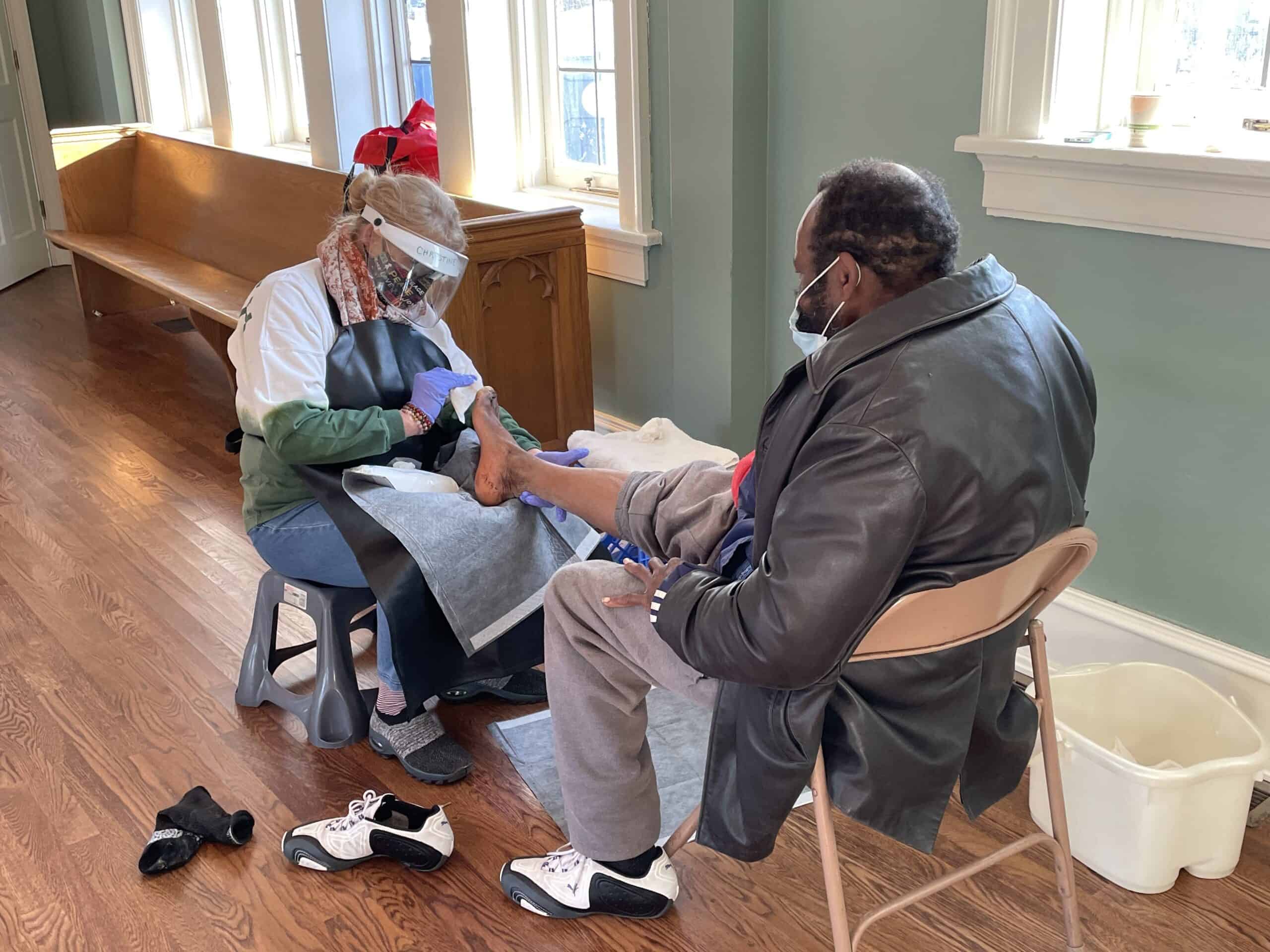
Love transcends language. Jesus washes his disciples feet, considered one of the dirtiest parts of the body. He sits. He washes. He spends time with each one, and he reminds the disciples this is something they are to do, as well. They are to be humble in the ways they exist in the world
. They—and we—are supposed to show love in tangible ways. Love is simple, not because of words and phrases, but because of how we exist with and to one another. It’s the ways that we are present to each other. There is something about feet, about the offensiveness we feel about having to engage with someone else’s feet. It feels repulsive to us. And yet, for the person whom we sit and kneel before, we are taking time to care for their feet, to care for their physical body. We are showing love. We’re showing compassion, becoming humble. It is a way for us to be present to one another, regardless of speech. It’s not about what we do, but it is about our very presence. Words can often be found empty and unhelpful. Christ’s love is transcendent, and it is relational. His ministry was born of humility, honoring humanity and the value that each person holds to God. But the responsibility doesn’t reside solely with Christ. It is a responsibility we have as recipients of that love and grace—to pass it on, to be at the feet of scarred and broken bodies. Being present and vulnerable with another is a reminder that we are all beautiful and beloved by God.
Prayer Lord, may we be challenged to embody love. Amen.

